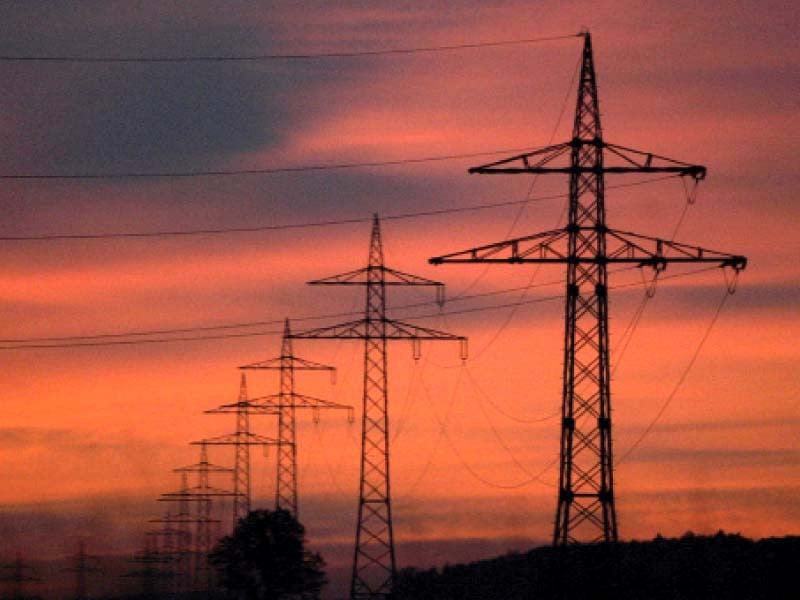KARACHI:
Pakistan’s power distribution companies (DISCOs) have inflicted a staggering loss of over Rs196 billion on the national exchequer in just one year, according to the Auditor General of Pakistan’s report for the fiscal year 2023-24.
The audit report highlights that eight DISCOs exceeded the loss limits set by the National Electric Power Regulatory Authority (NEPRA), with losses ranging from 8.84% to 20.16%.
Peshawar Electric Supply Company (PESCO) led the list with a loss of Rs133 billion, followed by Sukkur Electric Power Company (SEPCO) at Rs19.17 billion, Lahore Electric Supply Company (LESCO) at Rs14.95 billion, Faisalabad Electric Supply Company (FESCO) at Rs6.29 billion, Multan Electric Power Company (MEPCO) at Rs3.80 billion, and Gujranwala Electric Power Company (GEPCO) at Rs2.87 billion.
The excessive losses were attributed to outdated transmission lines and lengthy feeders, which have severely impacted the companies’ ability to operate within NEPRA’s stipulated limits.
This has placed a significant financial burden on the national treasury.
The audit report surfaced amid NEPRA’s confirmation of electricity overbilling by all DISCOs, including K-Electric, during the months of April and June.
NEPRA has demanded explanations from the companies and directed them to adjust consumer bills based on actual units consumed, as the overcharging violated NEPRA’s regulations.
The situation worsened in June when over 0.3 million power consumers, previously in the protected category, faced inflated electricity bills due to a new billing system introduced by DISCOs under the Ministry of Energy’s orders.
These consumers, who were supposed to benefit from subsidized rates or exemptions, found themselves burdened by higher charges.
NEPRA has also instructed DISCOs not to impose late payment surcharges on consumers who were unable to pay their inflated bills on time, further emphasizing the need for adjustments to reflect actual consumption.







